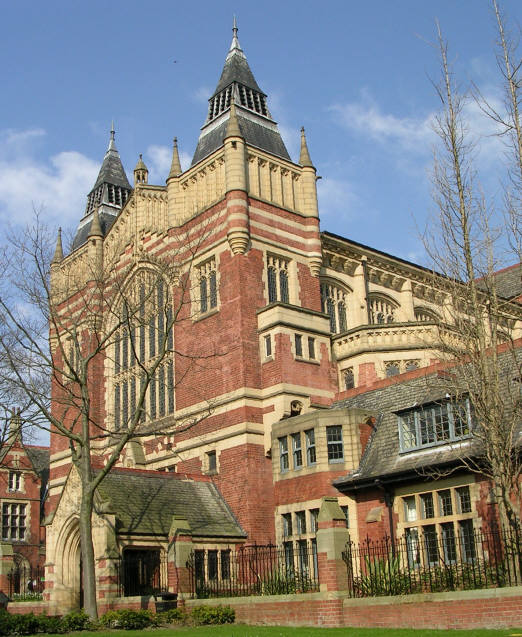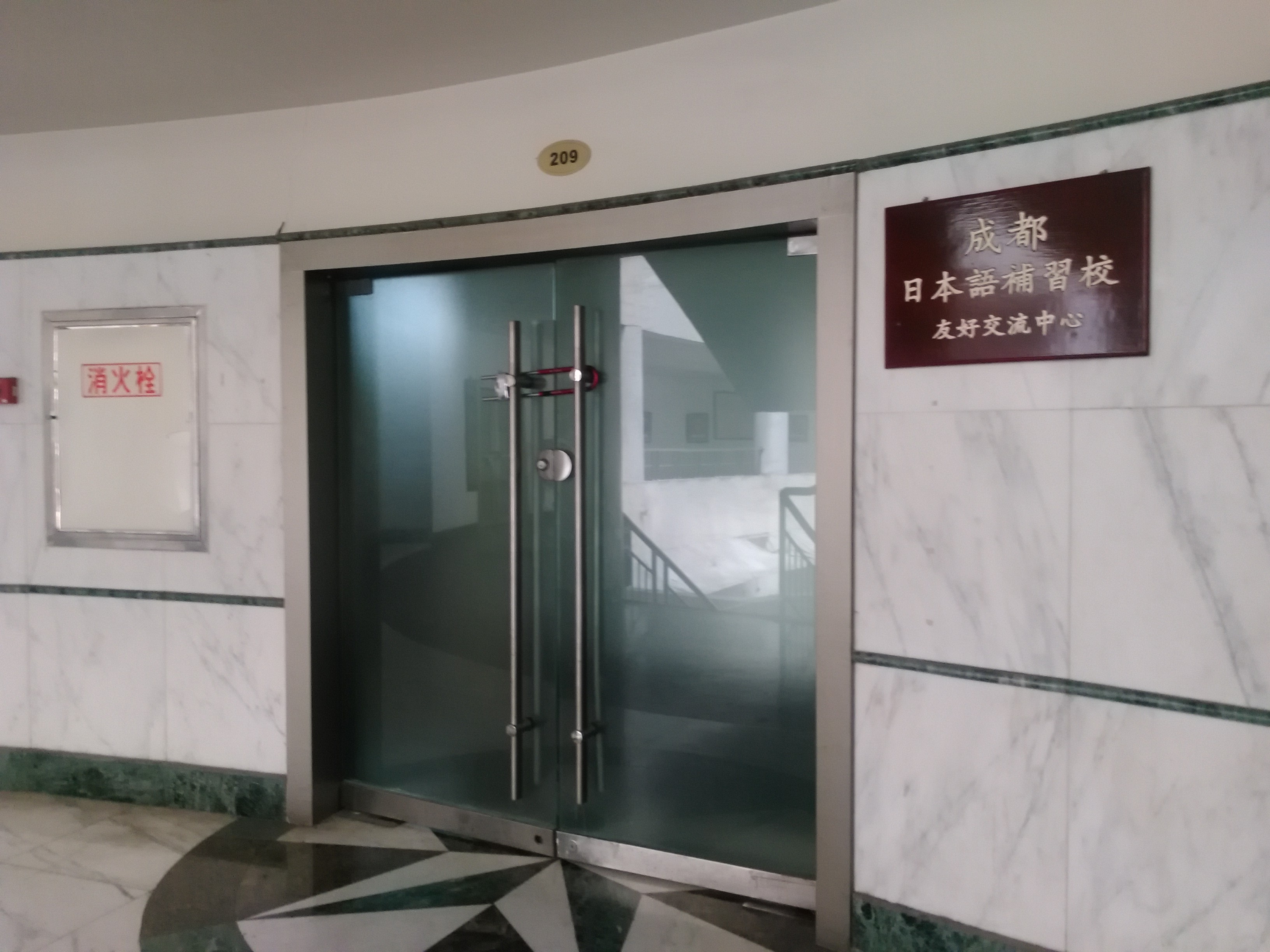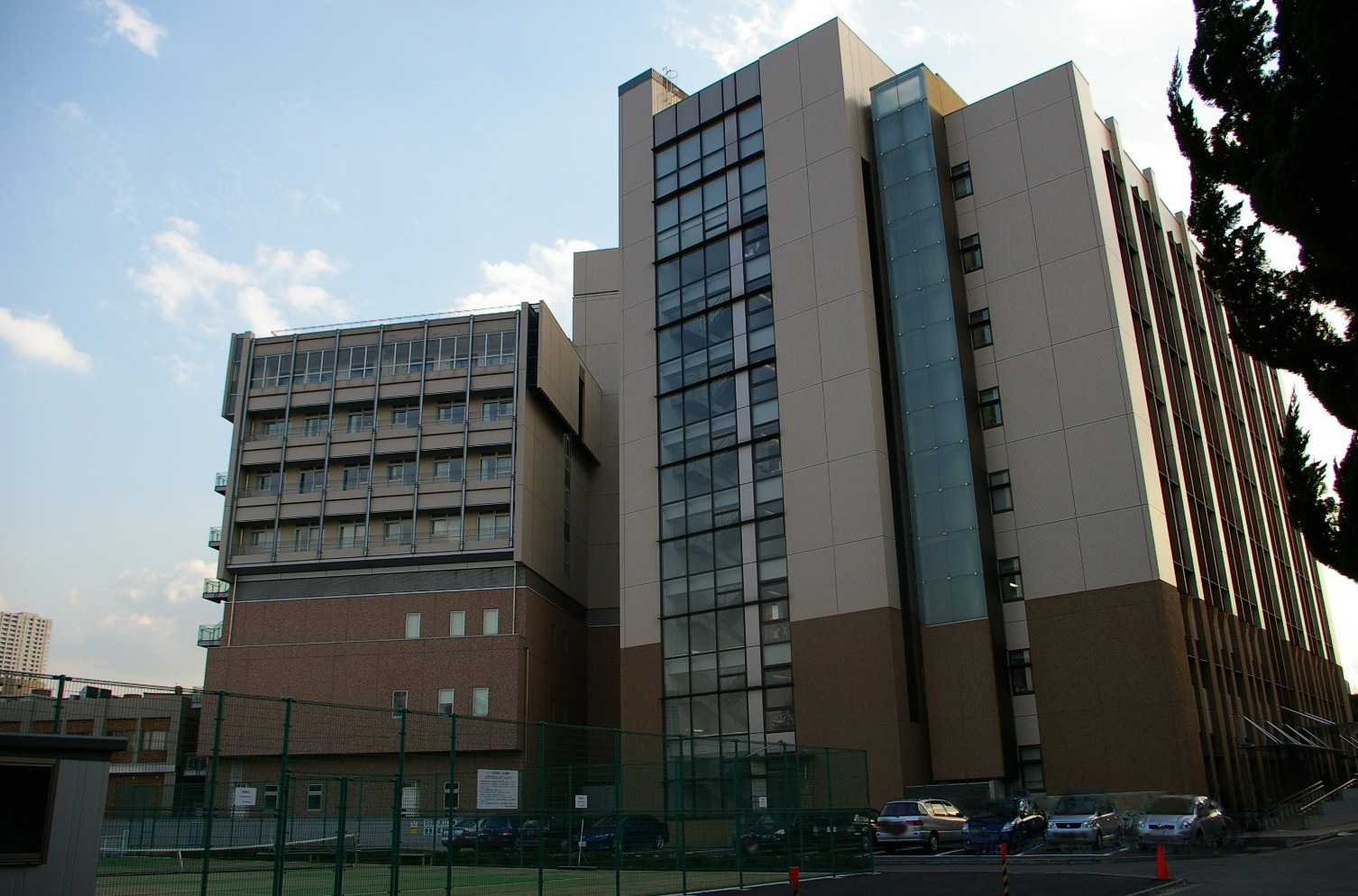|
Supplementary School
A supplementary school is a community-based initiative to provide additional educational support for children also attending mainstream schools. They are often geared to provide specific language, cultural and religious teaching for children from ethnic minorities. Supplementary schools by ethnicity Black supplementary schools in the UK A movement for Black supplementary schools started in Britain in the mid-1960s, first among the African-Caribbean communities, and then among other African communities. After a leaked report from the Inner London Education Authority revealed that children of West Indian immigrants were being labelled "Educationally Sub-Normal" (ESN), educationist Bernard Coard published his 1971 book '' How the West Indian Child is Made Educationally Sub-normal in the British School System'', which led to parents setting up supplementary Saturday schools to support their children's education. The movement arose from the view that racism was holding children from Af ... [...More Info...] [...Related Items...] OR: [Wikipedia] [Google] [Baidu] |
Inner London Education Authority
The Inner London Education Authority (ILEA) was the local education authority for the City of London and the 12 Inner London boroughs from 1965 until its abolition in 1990. From 1965 to 1986 it was an ad hoc committee of the Greater London Council; on 1 April 1986 it was reconstituted as a directly elected body corporate. History The Inner London Education Authority was established when the Greater London Council (GLC) replaced the London County Council (LCC) as the principal local authority for London in 1965. The LCC had, in 1904, taken over from the London School Board responsibility for education in Inner London. In what was to become Outer London, education was during the first half of the twentieth century primarily administered by the relevant county councils and county boroughs, with some functions delegated to second-tier councils in the area. The Herbert Commission report in 1960 recommended the establishment of the Greater London Council. It advocated a Londo ... [...More Info...] [...Related Items...] OR: [Wikipedia] [Google] [Baidu] |
Bernard Coard
Winston Bernard Coard (born 10 August 1944) is a Grenadian politician who served as Deputy Prime Minister in the People's Revolutionary Government (PRG) of the New Jewel Movement. In 1983, Coard launched a coup within the PRG and briefly took power until he was himself deposed by General Hudson Austin. Education Bernard Coard, the son of Frederick McDermott Coard (1893–1978) and Flora Fleming (1907–2004), was born in Victoria, Grenada. He is connected to Grenada's prestigious Cenac family: a first cousin of the Honorable Justice Dunbar Cenac (1939–2023) of the Eastern Caribbean High Court, and a nephew of Dennis Vivian Cenac, a former solicitor in the West Indies Associated States Supreme Court. Coard was attending the Grenada Boys' Secondary School when he met Maurice Bishop, who was then attending Presentation Brothers' College. Coard and Bishop shared an interest in left-wing politics from an early age. They became friends and in 1962 they co-founded the Grenada ... [...More Info...] [...Related Items...] OR: [Wikipedia] [Google] [Baidu] |
The Voice (British Newspaper)
''The Voice'', founded in 1982, is a British national African-Caribbean newspaper operating in the United Kingdom. The paper is based in London and was published every Thursday until 2019 when it became monthly. It is available in a paper version by subscription and also online. History ''The Voice'' was founded in 1982 by Val McCalla, who was working on a London local paper called the ''East End News'' in 1981. He and a group of businesspeople and journalists created a weekly newspaper to cater for the interests of British-born African-Caribbean people. Until then, relevant publications had mastheads such as the '' West Indian Gazette'', '' West Indian World'', '' The Caribbean Times'' and ''West Africa''. This was in order to address the interests of a generation of immigrants, by passing on news from their countries of origin in the Caribbean and Africa, rather than addressing the concerns of generations born in the UK. According to Beulah Ainley, who worked with McCall ... [...More Info...] [...Related Items...] OR: [Wikipedia] [Google] [Baidu] |
University Of Leeds
The University of Leeds is a public research university in Leeds, West Yorkshire, England. It was established in 1874 as the Yorkshire College of Science. In 1884, it merged with the Leeds School of Medicine (established 1831) and was renamed Yorkshire College. It became part of the federal Victoria University (UK), Victoria University in 1887, joining Owens College (which became the University of Manchester) and University College Liverpool (which became the University of Liverpool).Charlton, H. B. (1951) ''Portrait of a University''. Manchester: U. P.; chap. IV In 1904, a royal charter was granted to the University of Leeds by Edward VII, King Edward VII. Leeds is the list of universities in the United Kingdom by enrolment, tenth-largest university in the United Kingdom by total enrolment and receives over 68,000 undergraduate applications per year, making it the fourth-most popular university (behind University of Manchester, Manchester, University College London and King's C ... [...More Info...] [...Related Items...] OR: [Wikipedia] [Google] [Baidu] |
George Padmore Institute
The George Padmore Institute (GPI), founded in 1991 in Stroud Green Road, North London, by John La Rose (1927–2006) and a group of political and cultural activists connected to New Beacon Books,"About the George Padmore Institute" , LKJ Records, 17 December 2008. is an archive, library, educational resource and research centre that houses "materials relating to the black community of Caribbean, African and Asian descent in Britain and continental Europe". The institute also hosts talks and readings, as well as other educational and cultural activities. Background The George Padmore Institute (GPI) is named in honour of |
LKJ Records
Linton Kwesi Johnson OD (born 24 August 1952), also known as LKJ, is a Jamaica-born, British-based dub poet and activist. In 2002, he became the second living poet, and the only black one, to be published in the Penguin Modern Classics series. His performance poetry involves the recitation of his own verse in Jamaican patois over dub-reggae, usually written in collaboration with reggae producer/artist Dennis Bovell. Early life Johnson was born in Chapelton, a small town in the rural parish of Clarendon, Jamaica. His middle name, "Kwesi", is a Ghanaian name that is given to boys who, like Johnson, are born on a Sunday. In 1963 he and his father came to live in Brixton, London, joining his mother, who had immigrated to Britain as part of the Windrush generation shortly before Jamaican independence in 1962. Johnson attended Tulse Hill School in Lambeth. While still at school he joined the British Black Panther Movement, helped to organise a poetry workshop within the moveme ... [...More Info...] [...Related Items...] OR: [Wikipedia] [Google] [Baidu] |
Hoshū Jugyō Kō
, or , are supplementary Japanese schools located in foreign countries for students living abroad with their families. ''Hoshū jugyō kō'' educate Japanese-born children who attend local day schools. They generally operate on weekends, after school, and other times not during the hours of operation of the day schools.Mizukami, Tetsuo (水上 徹男 ''Mizukami Tetsuo''). ''The sojourner community lectronic resource Japanese migration and residency in Australia'' (Volume 10 of Social sciences in Asia, v. 10). BRILL, 2007. , 9789004154797. p136 The Ministry of Education, Science, Sports and Culture (Monbusho), as of 1985, encouraged the opening of ''hoshū jugyō kō'' in developed countries. It also encouraged the development of full-time day schools for Japanese students (''nihonjin gakkō'') in developing countries. In 1971, there were 22 supplementary Japanese schools worldwide.Goodman, Roger. "The changing perception and status of '' kikokushijo''." In: Goodman, Roger, Ceri P ... [...More Info...] [...Related Items...] OR: [Wikipedia] [Google] [Baidu] |
Ministry Of Education, Culture, Sports, Science And Technology
The , also known as MEXT, is one of the eleven ministries of Japan that compose part of the executive branch of the government of Japan. History The Meiji period, Meiji government created the first Ministry of Education in 1871. In January 2001, the former Ministry of Education, Science, Sports and Culture and the former merged to become the present MEXT. Organization The Ministry of Education, Culture, Sports, Science and Technology currently is led by the Minister of Education, Culture, Sports, Science and Technology, minister of education, culture, sports, science and technology. Under that position is two state ministers, two parliamentary vice-ministers, and administrative vice-minister, and two deputy ministers. Beyond that the organization is divided as follows. Minister's Secretariat The Minister's Secretariat is the department that manages general policies that affect the Ministry of Education, Culture, Sports, Science and Technology as a whole. These functions in ... [...More Info...] [...Related Items...] OR: [Wikipedia] [Google] [Baidu] |
Kikokushijo
and are Japanese-language terms referring to the children of Japanese expatriates who take part of their education outside Japan. The former term is used to refer to children who have returned to Japan, while the latter refers to such children while they are still overseas. They are referred to in English variously as "sojourn children" or "returnees". The term " third culture kids" is used by other countries. Prevalence As of 2002, roughly 10,000 children of Japanese expatriates return to Japan every year, with a total of roughly 50,000 residing overseas at any one time, a number that had remained roughly constant during the previous decade after rapid growth in the 1970s and 1980s. Only 40% attend Japanese schools while living overseas.Iwabuchi 1994 Challenges The Japanese Ministry of Education recognised as early as 1966 that Japan's school system faced challenges in the education and re-integration of children who had returned from overseas. Under the idea of ''nihonjinron'' ... [...More Info...] [...Related Items...] OR: [Wikipedia] [Google] [Baidu] |
Routledge
Routledge ( ) is a British multinational corporation, multinational publisher. It was founded in 1836 by George Routledge, and specialises in providing academic books, academic journals, journals and online resources in the fields of the humanities, behavioral science, behavioural science, education, law, and social science. The company publishes approximately 1,800 journals and 5,000 new books each year and their backlist encompasses over 140,000 titles. Routledge is claimed to be the largest global academic publisher within humanities and social sciences. In 1998, Routledge became a subdivision and Imprint (trade name), imprint of its former rival, Taylor & Francis, Taylor & Francis Group (T&F), as a result of a £90-million acquisition deal from Cinven, a venture capital group which had purchased it two years previously for £25 million. Following the merger of Informa and T&F in 2004, Routledge became a publishing unit and major imprint within the Informa "academic publishing ... [...More Info...] [...Related Items...] OR: [Wikipedia] [Google] [Baidu] |
Schools
A school is the educational institution (and, in the case of in-person learning, the building) designed to provide learning environments for the teaching of students, usually under the direction of teachers. Most countries have systems of formal education, which is sometimes compulsory. In these systems, students progress through a series of schools that can be built and operated by both government and private organization. The names for these schools vary by country (discussed in the '' Regional terms'' section below) but generally include primary school for young children and secondary school for teenagers who have completed primary education. An institution where higher education is taught is commonly called a university college or university. In addition to these core schools, students in a given country may also attend schools before and after primary (elementary in the U.S.) and secondary (middle school in the U.S.) education. Kindergarten or preschool provide some s ... [...More Info...] [...Related Items...] OR: [Wikipedia] [Google] [Baidu] |





